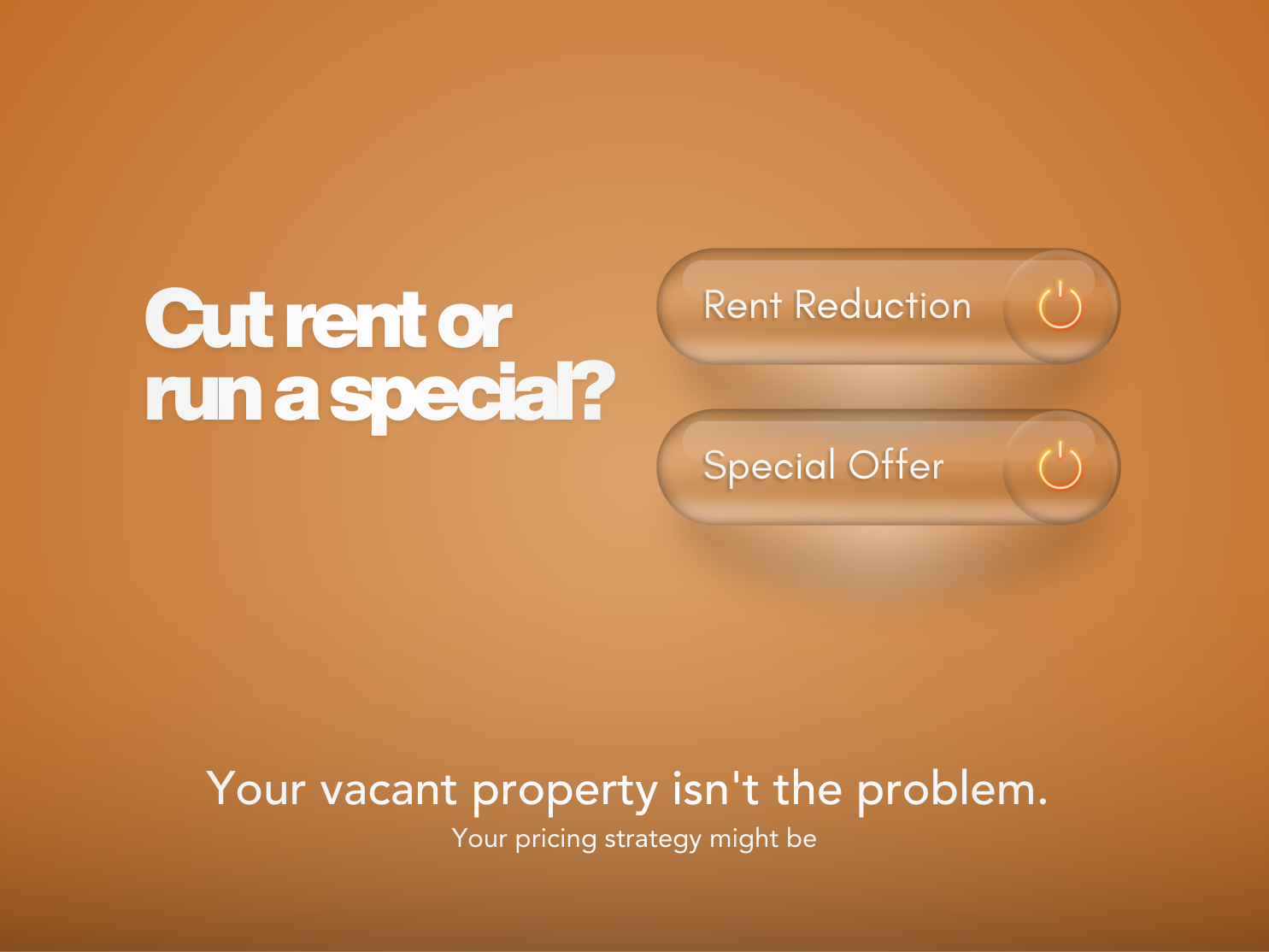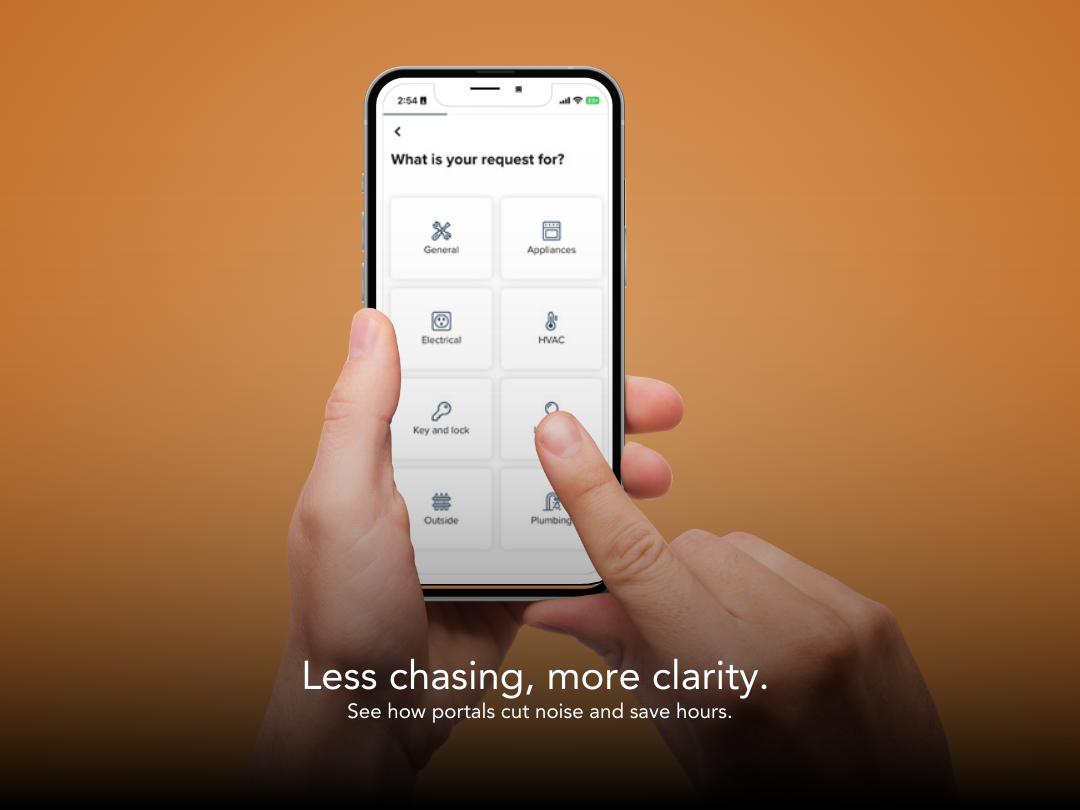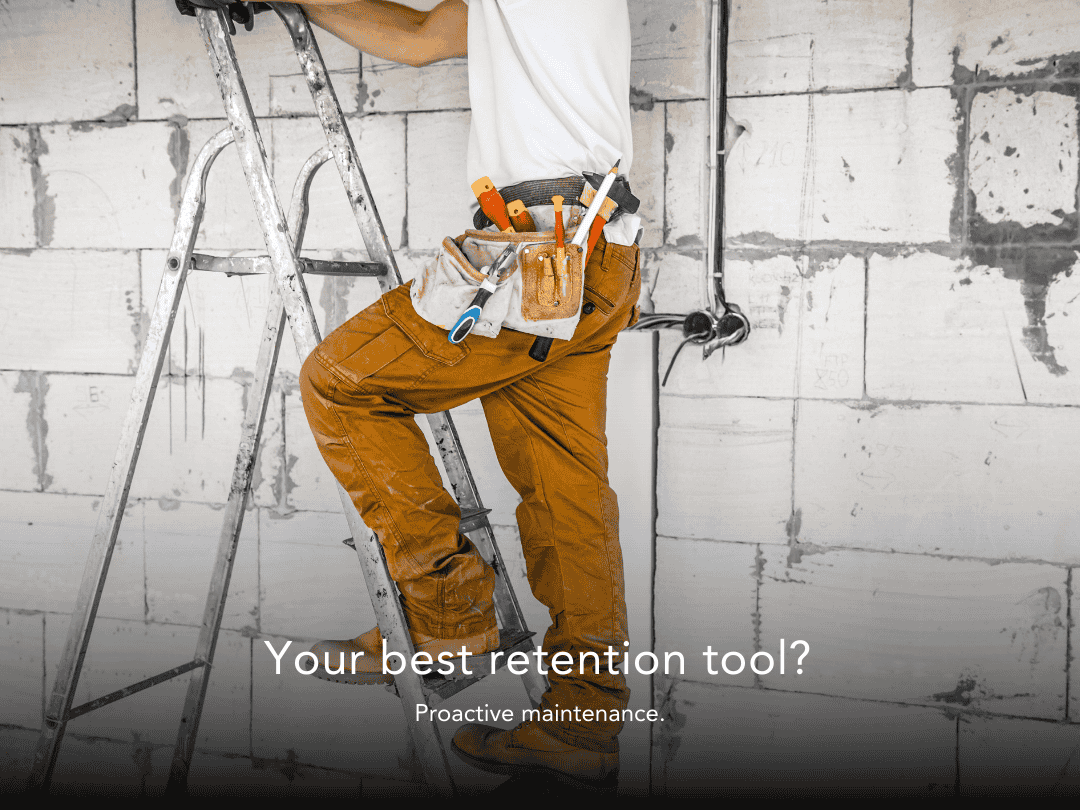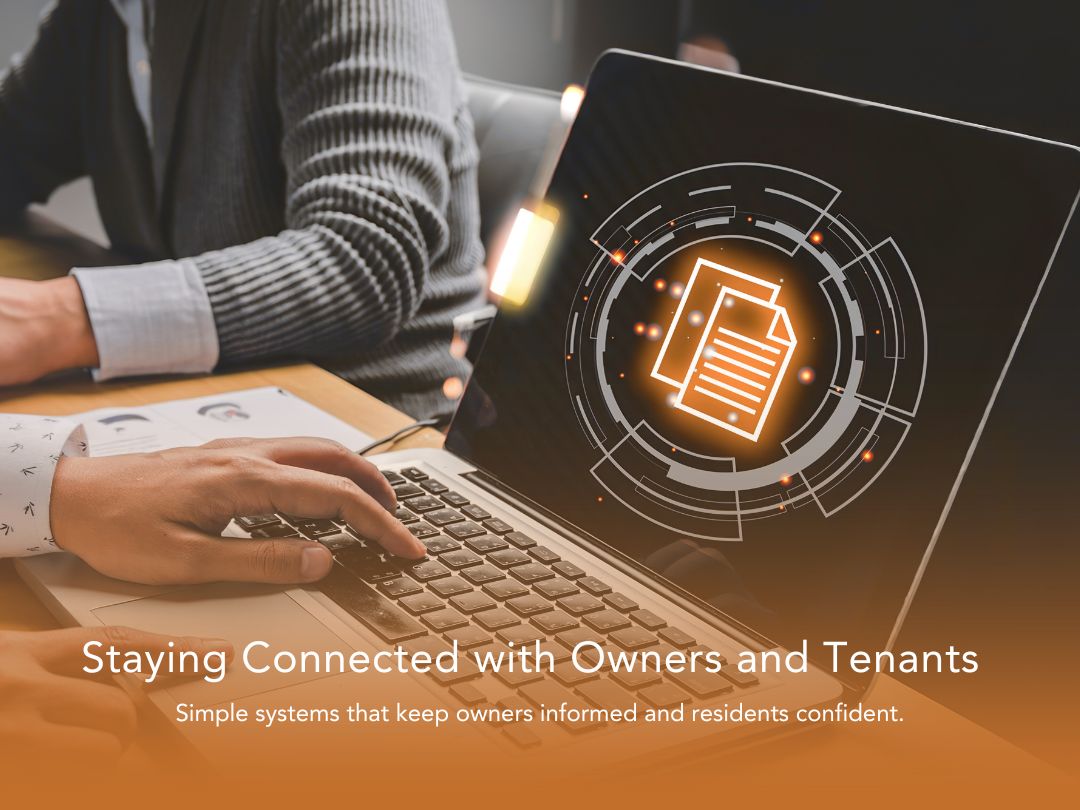Welcome to the 208.properties blog, where we provide valuable insights and strategies for property owners to optimize their rent collection process. This comprehensive guide will explore various methods and best practices to streamline your rent collection process and ensure a smooth payment experience for landlords and tenants. Implementing these strategies can improve efficiency, reduce late payments, and maintain a healthy cash flow. Let's dive in!
Embrace Online Rent Payments
1. Set up an Online Payment System:
Utilize property management software that offers online payment capabilities.
Choose a secure and user-friendly online payment platform that integrates with your property management system.
2. Offer Multiple Payment Options:
Provide tenants with various payment options such as credit/debit cards, ACH transfers, or mobile payment apps.
Catering to different payment preferences increases convenience and reduces the likelihood of late payments.
3. Automate Recurring Payments:
Encourage tenants to set up recurring payments to ensure consistent and timely rent collection.
Automating payments reduces the risk of missed or late payments and simplifies both parties' processes.
Clear Rent Collection Policies
1. Establish Clear Guidelines:
Communicate your rent collection policies and expectations to tenants.
Include detailed information in the lease agreement regarding due dates, accepted payment methods, and any late fees or penalties.
2. Specify Accepted Payment Methods:
Clearly outline the acceptable payment methods for rent collection.
Consider accepting online payments, checks, money orders, or electronic transfers based on tenant preferences.
3. Provide Rent Payment Reminders:
Send timely rent payment reminders to tenants via email or text.
Reminders can help tenants stay on track with their payments and minimize late payments.
Streamlined Communication and Documentation
1. Utilize Property Management Software:
Invest in reliable property management software that includes rent collection features.
This software can automate communication, track payment history, and generate reports for easy reference.
2. Maintain Open Lines of Communication:
Establish clear communication channels for tenants to reach out with any payment-related inquiries.
Promptly respond to tenant questions or concerns regarding rent payments.
3. Document Rent Collection Activities:
Keep detailed records of rent payments, including dates, amounts, and payment methods.
Maintain copies of rent receipts and invoices for accurate bookkeeping and potential legal purposes.
Implement Late Payment Policies
1. Enforce Late Payment Penalties:
Clearly define late payment penalties in the lease agreement.
State the specific amount or percentage of late fees and the grace period allowed before they are imposed.
2. Offer Payment Arrangements:
In some cases, tenants may face temporary financial difficulties.
Consider offering flexible payment arrangements to help them catch up on missed payments without additional penalties.
3. Follow Legal Procedures:
Familiarize yourself with local landlord-tenant laws regarding late payments and eviction procedures.
Adhere to legal requirements and consult with legal professionals if necessary.
Regular Rent Reviews
1. Conduct Regular Market Analysis:
Stay updated on rental market trends and changes in rental rates.
Periodically review your rental prices to ensure they are competitive and in line with market standards.
2. Communicate Rent Increases in Advance:
If you decide to raise the rent, provide tenants with ample notice as local regulations require.
Clear communication helps tenants plan their finances accordingly and reduces surprises.
3. Evaluate Tenant Retention Strategies:
Assess your tenant retention strategies to minimize turnover and vacancy rates.
Consider incentives for on-time rent payments, such as lease renewals or referral programs.
Utilize Incentives for Prompt Payments
1. Early Payment Discounts:
Consider offering incentives such as a small discount for tenants who consistently pay their rent early.
This encourages tenants to prioritize timely payments and helps foster positive tenant-landlord relationships.
2. Rewards Program:
Create a rewards program where tenants earn points or rewards for consistently paying their rent on time.
This motivates tenants to make timely payments and enhances tenant satisfaction and loyalty.
3. Recognition and Appreciation:
Show appreciation for tenants who consistently make on-time payments.
Consider sending personalized thank-you notes or small tokens of appreciation to acknowledge their commitment.
Minimize Payment Obstacles
1. Simplify Rent Invoicing:
Provide clear and concise rent invoices with all necessary information, such as the due date, amount, and payment instructions.
Make it easy for tenants to understand and process their rent payments.
2. Offer Convenient Payment Options:
Explore additional payment options that align with tenant preferences and technological advancements.
Consider accepting mobile payment apps or digital wallets to accommodate tenants' preferences for contactless transactions.
3. Provide Clear Instructions:
Communicate the steps tenants need to follow to make their rent payments.
Include detailed instructions for online payments, including login information, payment portal links, and any necessary account setup.
Regularly Assess and Improve
1. Analyze Payment Patterns:
Regularly review payment data to identify any recurring issues or patterns of late payments.
Look for opportunities to address underlying causes and implement corrective measures.
2. Seek Tenant Feedback:
Encourage tenants to provide feedback on their rent payment experience.
Consider conducting surveys or seeking direct input to understand any areas for improvement.
3. Continuous Process Optimization:
Continuously evaluate and refine your rent collection process based on feedback and data analysis.
Implement any necessary adjustments or improvements to enhance efficiency and tenant satisfaction.
Conclusion:
Streamlining your rent collection process is essential for maintaining a positive landlord-tenant relationship and ensuring a smooth and efficient payment experience. You can optimize your rent collection process and minimize late costs by implementing these strategies, including online rent payments, transparent policies, open communication, and incentives. Regularly assessing and improving your procedures will help you stay proactive and responsive to changing market dynamics and tenant needs. Remember, a well-managed rent collection process contributes to the overall success of your property management business.













